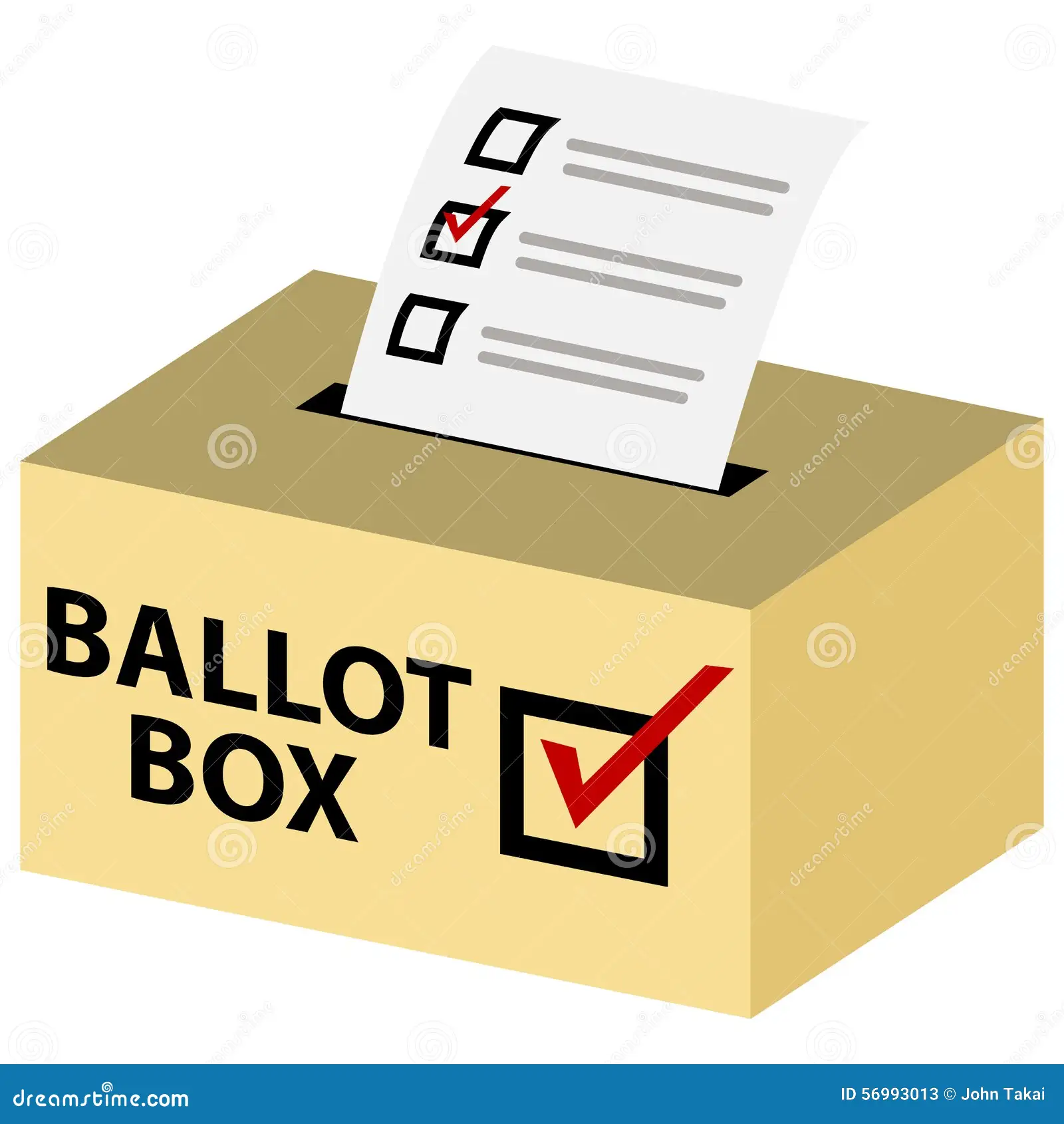During a conversation with someone who loves representative democracy but hates America’s current political situation, I pointed out a problem with his view. The current situation, I said, is a product of representative democracy. So you can’t have the system without the lamented consequences.
Why is that? People like free benefits for themselves and society, and politicians prosper by promising and delivering apparently free benefits to enough voters. Individuals and interest groups see the government as a bazaar open for business 24/7.
The problem, of course, is that there are no free benefits. The government, which does not produce anything, can’t give away anything it hasn’t first taken from someone else. The system’s inherent perverse incentives deliver big spending, high taxes, and growing budget deficits (when raising taxes is unfeasible) financed through massive borrowing. This process eventually leads to central-bank monetary inflation, rising prices, and shrinking purchasing power. The transfer of purchasing power from regular people to politicians is a form of taxation.
I proposed to my interlocutor that a better way to go would be to move the government’s few legitimate functions to the free, competitive market, which aligns incentives more consistently with individual rights and general prosperity. The government’s illegitimate functions should be abolished.
He mocked my position by holding his hand in the praying position and looking toward heaven as he said, “If only we all believe.” I responded that it’s no article of faith that freedom and free markets—classical liberalism—have eradicated most extreme poverty and created unmatched living standards worldwide. You can easily look up the graphs that show this astounding progress. The still-lagging areas lack freedom.
For roughly 200,000 years human beings lived short lives with virtually no material progress. Then a few hundred years ago things changed dramatically thanks to liberalism, the Enlightenment, and the Industrial Revolution. That was no coincidence, and understanding what economic historian Deirdre McCloskey calls the “Great Enrichment” requires no faith.
I could have said much more to my interlocutor, and I’ll say it here.
First, classical liberalism, or what we moderns call libertarianism, is not mainly about believing; it’s about respecting each individual’s person, property, and liberty, and particularly about the government’s respecting those things. It’s also about understanding that freedom leads to social cooperation (the division of labor and trade), peace, and prosperity. Economic theory and history show it.
Second, it’s democracy, not freedom, that requires faith in the absence of evidence. It’s a religion that holds that If we believe hard enough, tens of millions of us going to the temple polls to vote will make the right decisions. No one explains why it should work out that way. And it doesn’t. It’s a faith in magic, and magic is not real.
There is a glitch in the democratic religion: most voters are ignorant. Poll after poll shows that most people know little about the government and the economic process, which the government regulates. They are not only ignorant of basic economic theory, which the evaluation of candidates requires; they are also ignorant of basic indisputable political facts, such as who their so-called representatives are, how they vote, which party controls the Senate and House, and how much the government spends and borrows. How can they vote wisely? (For more on voter ignorance, check out the many YouTube appearances of George Mason Law Professor Ilya Somin and his book Democracy and Political Ignorance: Why Smaller Government Is Smarter, 2d ed.)
People shouldn’t be faulted for not knowing these things because they have an incentive not to spend time and money learning; their time and money could be better spent. Better spent than on becoming an educated voter? Yes. How so? Because anything else they did would have a better chance of making a difference.
Am I saying that voting does not make a difference? Yes. In almost any election, one vote contributes nothing to the outcome. Ilya Somin says that one vote for president, on average across the states, has one chance in 60 million of determining the outcome. The chance is larger in House, Senate, and other races but not enough to make make a difference. People vote for many reasons, but one reason not to vote is a determination to decide the result. Voters understand this. With no incentive to learn what’s important, they vote for what makes them feel good and against what makes them feel bad. The result is the mess we’re in today.
The political realm differs from the voluntary sector because politics separates choice from costs and benefits. In the voluntary sector, when you choose a dozen eggs, you get a dozen eggs: you pay the price, and you enjoy the benefits. Not so in politics. Choosing Candidate A doesn’t mean you get Candidate A; that depends on a lot of other people. And even if Candidate A wins, you will reap only a minuscule fraction of the benefits (if there are any) and pay only a minuscule fraction of the costs. The bulk of the costs and benefits will fall on everyone else. Under those circumstances, most voters will pay no price for voting according to their biases, so that’s what they will do.
What hope is there if ignorant people choose the country’s rulers? The informed among us might stop having rulers, but they won’t let us opt out. Somin calls for shrinking and decentralizing power. Good idea. But how?

































